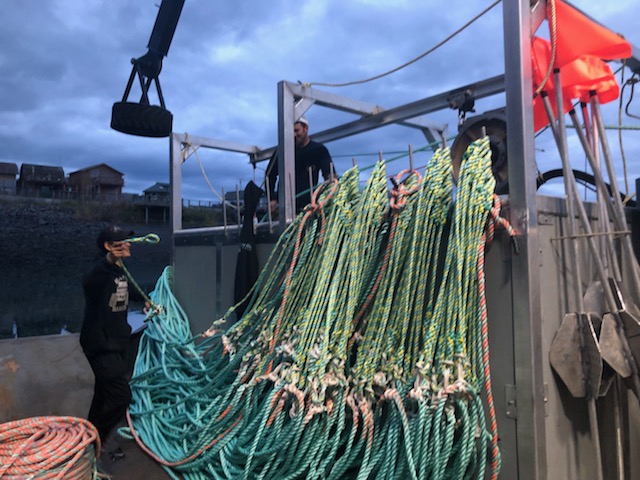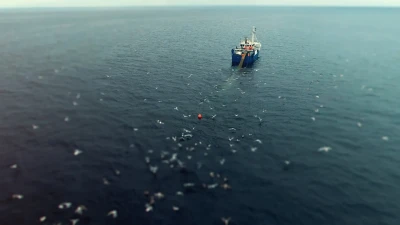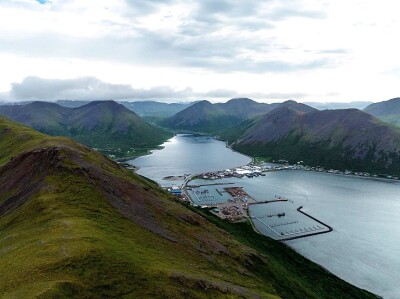Food production and delivery are crucial systems for society. The covid-19 virus is causing severe economic and social disruptions worldwide. The president has made it clear to the U.S. population that grocery stores and pharmacies will remain open. However fishermen, farmers and processors need to be able to continue their work to provide consumer with food.
Seemingly without a plan, parts of the world are demobilizing the food supply chain when they should be trying to secure and protect it.
Every day we learn more that fishermen in the United States and in some European countries are increasingly unable to sell their products. These harvesters have come to the docks with fresh food and there are either no buyers, or price offers are so low that fishermen won’t return to sea do a second trip.
With the information we have thus far, the best way to combat covid-19 is to keep immune systems healthy. Everyone needs nutritious food to maintain their underlying health. Seafood is a vital part of a healthy diet. Consumers expect to go to the store to find milk for their coffee and spinach for a salad. Not surprisingly, if dairy and market farmers stop farming, or a seafood processor stops processing, or a shipping company stops driving, there will be nothing left in stores.
It is critical that the American Seafood Sector is considered essential services by federal and state governments. Commercial fishing, processing and transportation sectors need to be kept running as normally as possible in order to provide healthy food for American families.
The hardworking men and women in the seafood industry want to feed the world safe and nutritious food. U.S. fishermen are willing to be on the frontlines of food production, as risk is built into their job descriptions.
During these uncertain times, there is tremendous risk to processors. They need to know they can provide a safe work environment for their workers through routine covid-19 testing. They need to know that if they buy seafood it will get transported to the end user so they can get paid. They need to know their lines of credit are secure.
All stakeholders in the seafood industry — from fishermen to processors — need a commitment from state and federal authorities in order to continue to offer essential services for food security.
Norway recently recognized the critical function of its seafood industry and is making it a national priority to keep supply chains open. We need to recognize the importance as well.
There is a tremendous demand for seafood in the United States, now more than ever, as people are prioritizing health over convenience. Most distribution, however, will have to shift from restaurants to grocery stores during this crisis.
Our fishing community, comprised of individually owned and operated family businesses, has something for every consumer: tuna landed in Hawaii and Samoa; lobsters from Maine; scallops from New Bedford; crab and oysters from the Chesapeake Bay; shrimp and red snapper from the Gulf of Mexico; hake from Oregon; Pacific cod, pollock, salmon, halibut and sablefish from Alaska.
During good times and bad, my family eats safe and nutritious American seafood. We reflect on all of the natural wealth around us and take strength from it. We take comfort in the fact that we are as prepared as any for what’s to come. We, as an industry, truly feed the world sustainably. Policy makers: Please allow us to help keep Americans healthy and fed.
Buck Laukitis
President, Magic Fish Co., Homer, Alaska
Alaska Fisheries Development Foundation board member
Sablefish and Halibut Pot Association, board member
North Pacific Fishery Management Council, former member
Seafood Harvesters of America, former board member
North Pacific Fisheries Association, former board member







